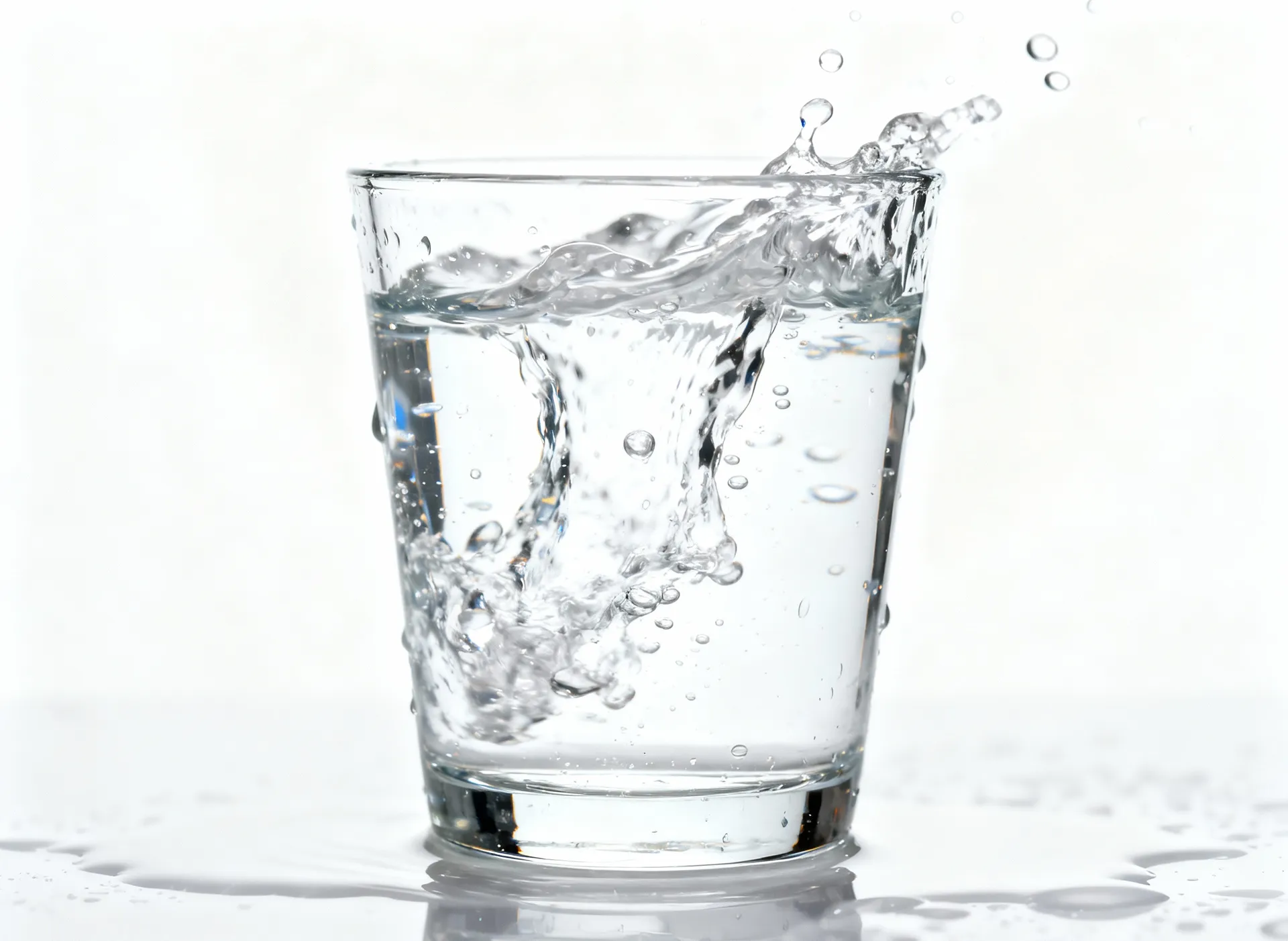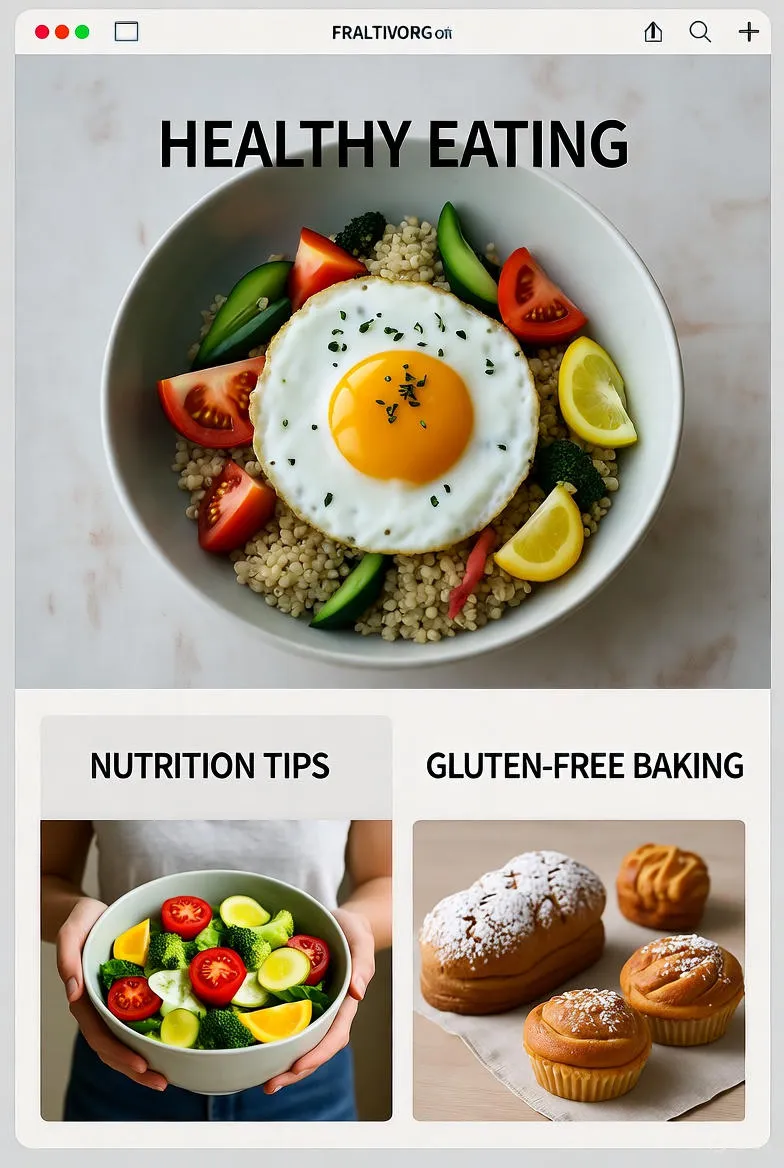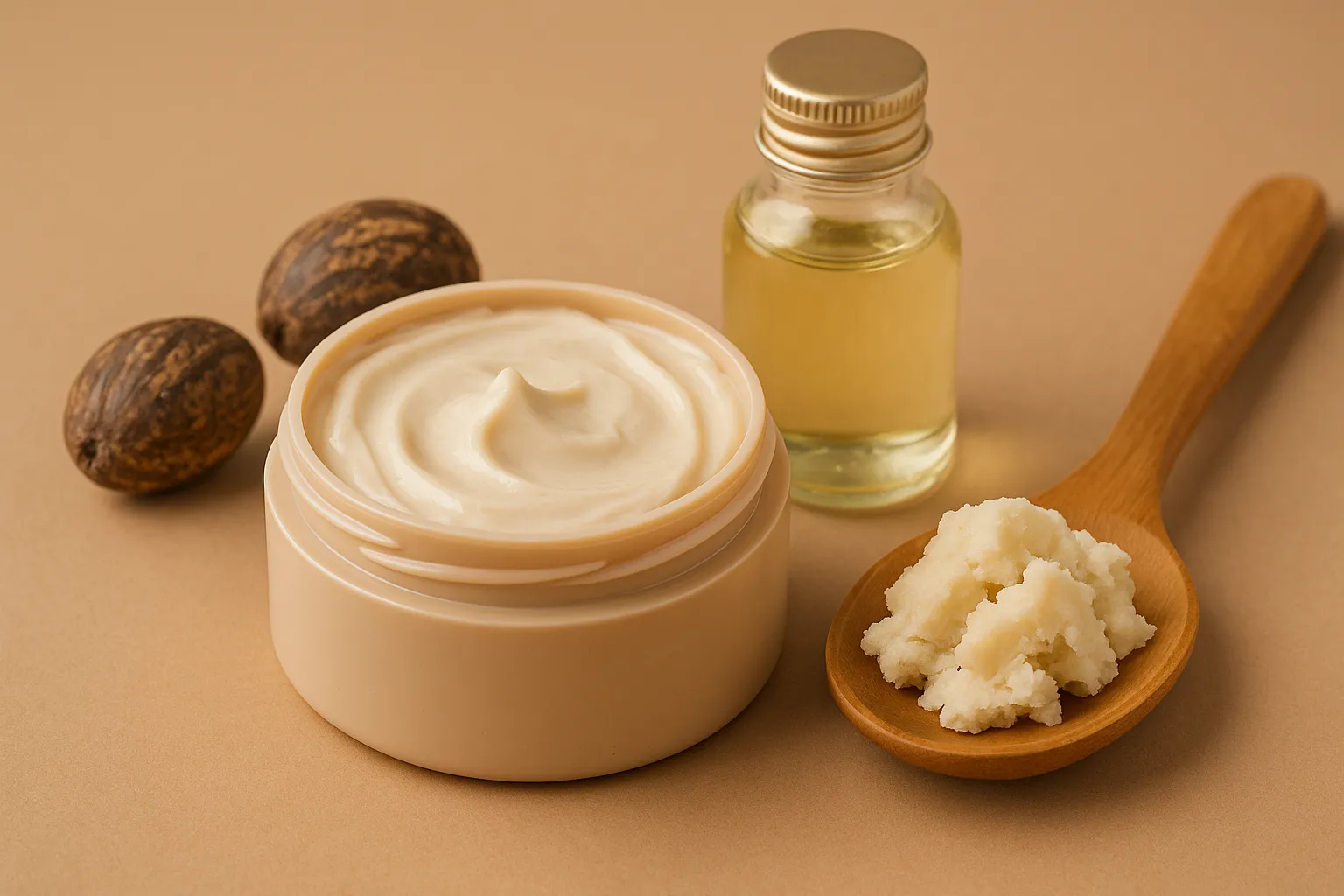Water Intake During Intermittent Fasting: How to Stay Hydrated Safely and Effectively
Discover how to manage water intake during intermittent fasting safely. Learn the right amount to drink, hydration strategies, and tips to optimize fasting results while protecting your health.

Intermittent fasting has become one of the most popular wellness trends of the past decade. From its potential to support weight loss to its promising effects on metabolism and cellular health, many individuals are adopting fasting as part of a healthy lifestyle. However, one question often arises: how much water should you drink while fasting? Proper hydration during intermittent fasting is essential for both safety and success.
Why Hydration Matters During Fasting
Water plays a critical role in almost every process in the body, from regulating temperature to supporting digestion and nutrient absorption. When fasting, many of the foods that normally contribute to total fluid intake—like fruits, vegetables, or soups—are temporarily excluded. As a result, it becomes easier to become mildly dehydrated without realizing it.
During a fast, water supports several crucial functions:
- Helps flush out toxins and cellular waste produced during fat metabolism.
- Regulates body temperature through sweating and respiration.
- Lubricates joints and cushions organs.
- Supports cognitive performance and mood stability.
- Prevents fatigue and dizziness that may arise due to reduced caloric intake.
How Much Water Should You Drink While Fasting?
The ideal amount of water varies depending on body weight, climate, activity level, and individual metabolism. The general guideline is around 30–35 milliliters per kilogram of body weight per day. For an average adult weighing 70 kilograms, this equals roughly 2–2.5 liters of water daily.
However, intermittent fasting can slightly change hydration needs. During fasting hours, the absence of food decreases water intake from dietary sources, so a more intentional hydration strategy may be needed to prevent dehydration.
Hydration Guidelines by Fasting Method
- 16:8 method: Drink water gradually throughout the fasting window. Aim for one glass every 1–2 hours, maintaining moderate intake during your eating window as well.
- 5:2 method: On fasting days, increase water intake slightly to compensate for reduced food volume. Herbal teas and mineral water can provide gentle variety.
- Alternate-day fasting: Pay extra attention to hydration since fasting periods are longer. Spread water consumption evenly and avoid gulping large amounts at once.
Types of Water and Fasting Compatibility
Not all fluids are created equal, and some beverages can unintentionally break your fast. Understanding which options are safe is crucial for maintaining fasting benefits while staying hydrated.
Safe Choices During Fasting
- Plain water: Always the most reliable option. Both cold and warm water are fine, depending on preference.
- Mineral water: Provides electrolytes like sodium, magnesium, and potassium that prevent headaches and dizziness during longer fasts.
- Sparkling water: Great for suppressing mild hunger and adding variety without calories.
- Herbal teas: As long as they contain no added sweeteners or fruit pieces, herbal teas help maintain hydration and offer soothing effects.
Beverages to Avoid While Fasting
- Juices or smoothies: Contain calories and sugars that interrupt the metabolic fasting state.
- Sweetened beverages: Such as soda, flavored water, or sports drinks, all break the fast.
- Caffeinated drinks with added milk or sugar: Even small amounts of sweetener or dairy can end fasting benefits, so black coffee or plain tea are better choices.
Recognizing Signs of Dehydration
When fasting, the risks of dehydration may increase slightly because food no longer contributes to daily fluid intake. The body naturally loses water through breathing, sweating, and urination. Recognizing early signs of dehydration helps you act quickly and avoid more serious issues.
Common early warning signs include:
- Dry mouth or lips.
- Dark yellow urine or decreased urination.
- Fatigue, lightheadedness, or headache.
- Dry skin or muscle cramps.
- Difficulty concentrating or irritability.
If any of these symptoms occur, gradually increase fluid intake and avoid consuming large amounts at once, as that can overwhelm the digestive system.
The Role of Electrolytes
Electrolytes are minerals that conduct electrical signals in the body, keeping heart rhythm stable and muscles functioning properly. When fasting, especially for extended periods, electrolyte imbalance can occur due to salt and fluid loss. This imbalance can lead to muscle cramps, fatigue, and dizziness.
Electrolyte Support Tips
- For short fasts under 24 hours, plain water is usually sufficient.
- For fasts lasting longer than a day, consider adding a pinch of salt to one or two glasses of water or drinking mineral water rich in sodium and magnesium.
- If frequently exercising while fasting, replenish electrolytes through salt-based hydration formulas without sugars or calories.
Practical Hydration Strategies
Building a consistent water routine during fasting helps maintain balance and energy throughout the day. The following habits can make hydration easier and more sustainable.
1. Begin the Day with Water
After waking up, drink one or two glasses of water before consuming anything else. This flushes toxins, aids digestion, and prepares your body for the fasting hours ahead.
2. Schedule Your Drinking
Set reminders if necessary. Consistently sipping small amounts of water every hour sustains hydration better than drinking large amounts infrequently.
3. Use Temperature to Your Advantage
Warm water may help soothe the stomach in the morning, while cool water can feel refreshing in the afternoon or after light physical activity.
4. Monitor Urine Color
Urine color is one of the simplest indicators of hydration. Aim for a pale yellow tone. Darker shades suggest dehydration and signal the need for more fluids.
5. Adjust for Your Environment
Hot climates, vigorous exercise, or high humidity increase water loss. Drink slightly more during these conditions to maintain balance.
Does Drinking Too Much Water Break a Fast?
Drinking water never breaks a fast because it contains no calories or macronutrients. However, drinking excessively can strain the kidneys or cause electrolyte dilution if consumed in extreme quantities within a short period. As with most things in health, moderation is key.
Healthy fasting hydration isn’t about overhydrating, but rather maintaining natural balance. The body is excellent at signaling thirst, so learning to listen to those cues goes a long way.
Common Myths About Water and Fasting
- Myth 1: Any flavored water breaks a fast. Truth: Calorie-free flavored waters without artificial sweeteners generally do not interfere with fasting, but always read labels carefully.
- Myth 2: You must drink 4 liters a day during fasting. Truth: The ideal amount depends on body size, lifestyle, and activity levels—no universal number applies.
- Myth 3: You should avoid coffee and tea entirely while fasting. Truth: Black coffee and unsweetened tea are both acceptable and may even improve focus and energy while fasting.
Hydration and Weight Loss Synergy
Water supports weight management during intermittent fasting by naturally suppressing appetite and aiding fat metabolism. Drinking a glass of water before eating can reduce portion sizes during the feeding window. Moreover, mild cold-induced thermogenesis from drinking chilled water slightly increases calorie burning, contributing marginally to total energy expenditure.
Staying adequately hydrated can also enhance mental clarity and sustain energy levels, reducing the likelihood of overeating once the fasting window ends.
When to Seek Professional Guidance
While intermittent fasting and proper hydration are safe for most people, those with certain medical conditions—such as kidney disease, diabetes, or electrolyte disorders—should consult a healthcare provider before beginning any fasting plan. Pregnant or breastfeeding individuals also require customized hydration strategies to ensure safety and nutrient supply.
Key Takeaways
- Drink consistently throughout your fasting and non-fasting hours.
- Opt for plain or mineral water, and avoid caloric beverages.
- Recognize dehydration signs early and act promptly.
- Combine hydration habits with electrolyte awareness during longer fasts.
- Pay attention to how your body feels—clarity, energy, and lightness indicate proper hydration.
Final Thoughts
Water intake may seem simple, but it’s a fundamental factor in making intermittent fasting both effective and enjoyable. By maintaining steady hydration, understanding your body’s cues, and choosing fluids wisely, you ensure that fasting supports—not stresses—your health. With thoughtful hydration, your fasting journey can be safe, energizing, and sustainable over the long term.


